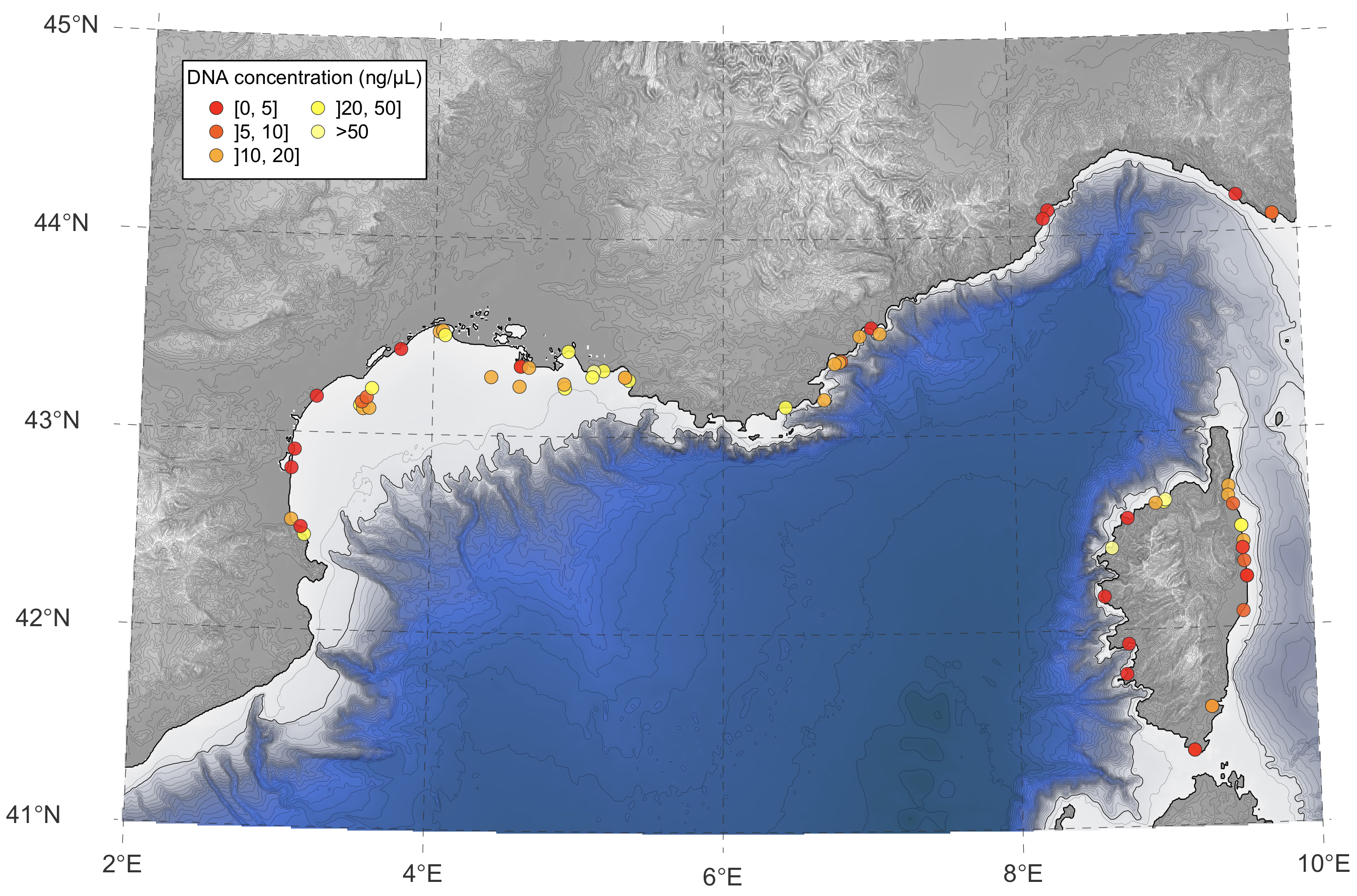
Objectives
The aim of this minor is to familiarize students with geographic information sciences, mainly through the use of geographic information systems. Essential tools for environmental professionals, geographic information systems (GIS) enable the storage, management, analysis and mapping of spatial data.
Mapping of uses or biological inventories, environmental impact simulations, spatial and temporal analyses, and population monitoring are now at the heart of environmental impact studies and assessments. It is to these methods, tools and specific data that this course aims to train students. At the end of this course, students will be able to manage geographic data, manipulate the main GIS tools, carry out spatial analyses and map the studied phenomena.
Skills developed
At the end of the training, graduates who have completed this minor will be able to:
- use GIS, GPS, geographic data via web protocols and advanced geographic data (multi-source data, data in various GIS formats)
- perform spatial analyses such as multi-criteria analyses and coastline monitoring analyses
- present their results using advanced cartographic documents
- create atlases
- create and analyze altimetry data (DTM)
- process satellite images and historical aerial photographs
- manage a geomatics project, from data acquisition to cartographic rendering (paper or digital)
- identify resource persons and know the professional field(s) associated with the discipline
- work in a team as well as in autonomy and responsibility in the service of a project
- identify the different perspectives of professional integration relative to their disciplinary field and to build their personal and professional project
Organization
The minor is taught in the form of a single Teaching Unit (TU) of 60 hours each semester, from S1 to S3. The whole teaching unit is modularized and 3 consecutive weeks will are dedicated to this minor each semester. Some courses are taught in English but most courses are taught in French, and the teaching material and slides will be mostly provided in French. Each semester, the evaluation of the courses will take place at the end of the TU.
To learn more about the content of this minor, you can browse the complete description of the minor’s curriculum (in Enlish for courses given in English, in French otherwise).